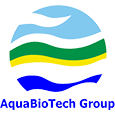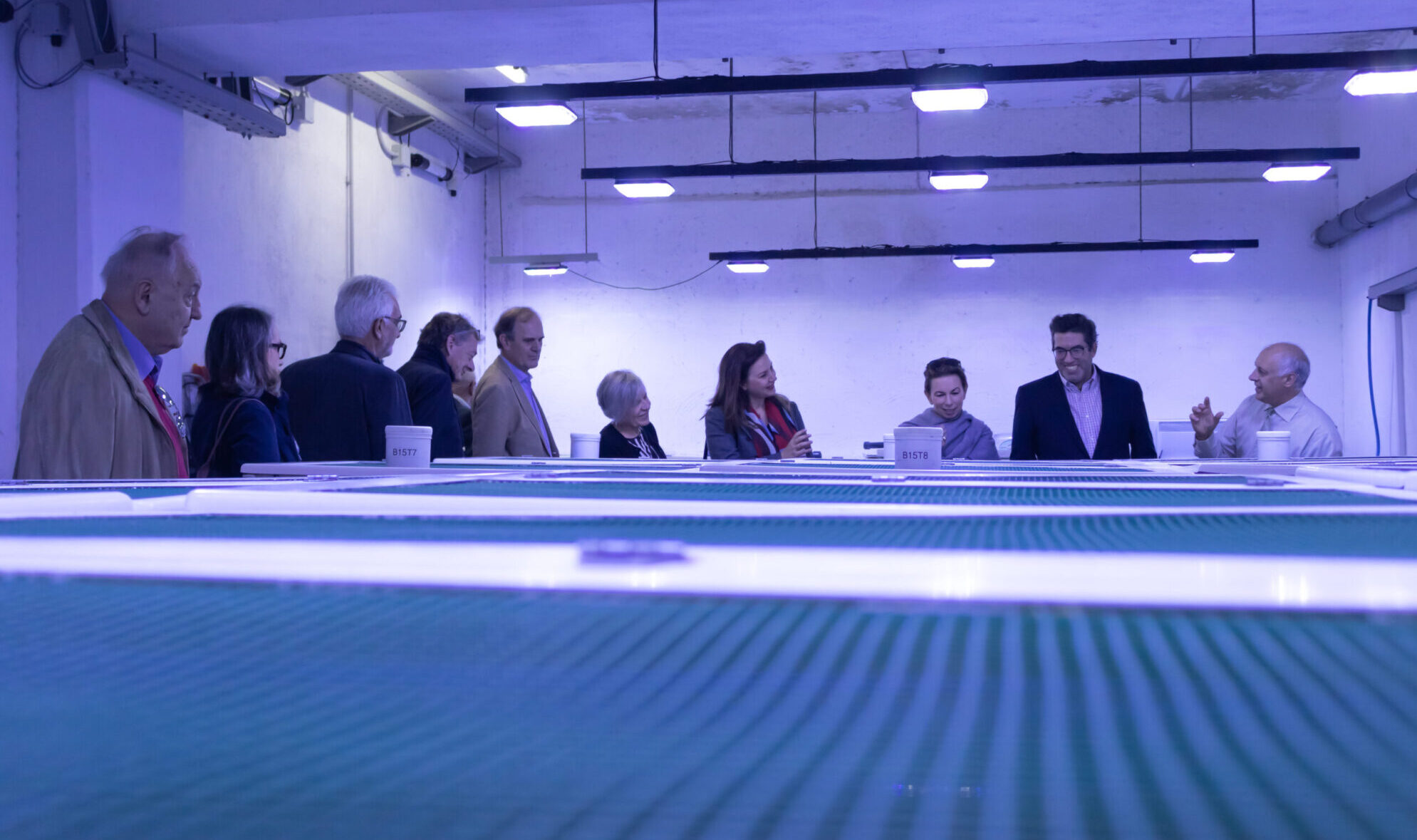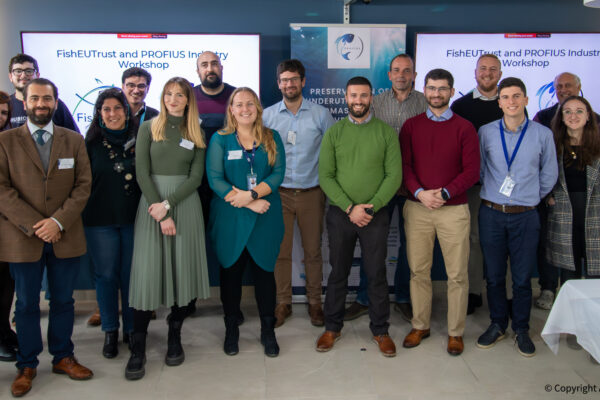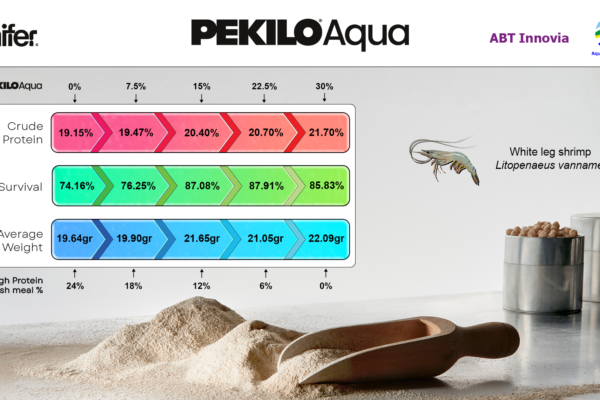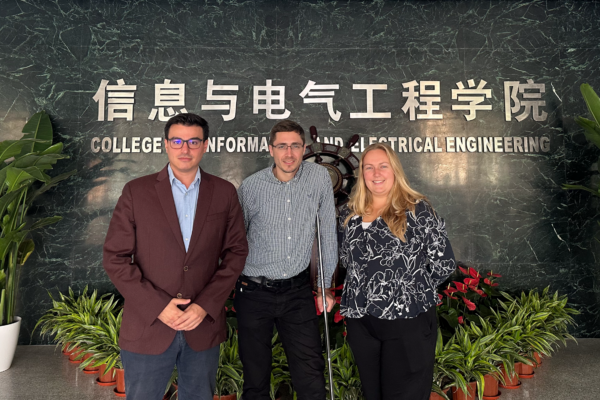On Friday the 2nd of December, AquaBioTech Group welcomed EESC Employers (European Economic and Social Committee) members to our offices in Mosta, for an introduction of our involvement in the blue bio-economy through our various projects and collaboration across sectoral boundaries.
The EESC calls for action to combat climate change and its impacts, taking into account the European Commission’s approach to the Atlantic: namely the role of sustainable development of aquaculture, innovation; and building blue skills by increasing quality ocean literacy.
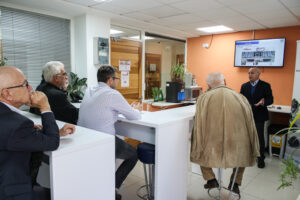
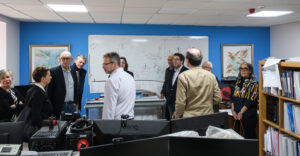
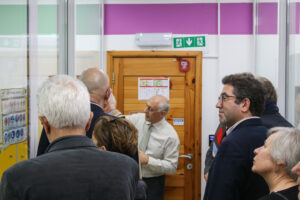
The importance of Aquaculture today for the environment
As global food demand is expected to increase significantly, the EESC considers that the EU aquaculture sector will need to provide many more sea products to meet this internal market demand. The global aquatic food consumption is expected to increase by 15% by 2030, driven by urbanization, growing incomes and improved sea products processing practices (FAO, 2022).
In 2020, the global aquaculture production, including algae production, passed global capture fisheries production (90.3 million tonnes), reaching a record of 122.6 million tonnes,(FAO, 2020).
Global aquaculture production must increase from between 35 percent and 40 percent by 2030, according to national and regional contexts (FAO, 2022).
To sustainably transform the aquatic food systems, while preserving food security, social and environmental well-being, protecting the aquatic environment, its biodiversity, and the ecosystem health, it is necessary a flexible and comprehensive approaches which consider the complex interrelation of agrifood systems, biological, ecological, genetic and environmental factors, stakeholders interventions, governance and policies, training and capacity building, and technology innovation, such as recirculating aquaculture systems (RAS) and AI.
Therefore, aquaculture has excellent growth potential to achieve healthy fish stocks and clean waters to allow for sustainable fishing and recreational water use and open up new opportunities for the blue bioeconomy, if these main approaches are followed.
The EU must identify defined research priorities and the role of SME’s such as AquaBioTech Group in aquaculture and innovation to enhance sustainable growth, resilient fisheries and aquatic production systems. Joint efforts between universities, research centres, NGOs and industries are needed to develop new added value products from fish by-products and waste materials. Involving studies and research to better understand the potential for the sector and to embrace circularity and renewable aquatic resources while keeping in mind the blue bioeconomy.
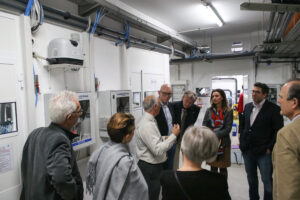
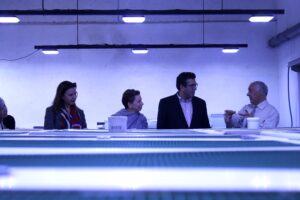
Visitors were provided with an insight into AquaBioTech Group’s establishment and its many project successes over the subsequent years. They were also given a guided tour of the licensed aquatic facility and laboratories and were particularly impressed by the vaccine research carried out on site and the impact it has on the resistance to antibiotics.
Great feedback from EESC Communication Assistant, Monica Procopet
“Congratulations on all the hard work the company is doing! Once again, a warm thanks from our side and all the best in all your projects!”
